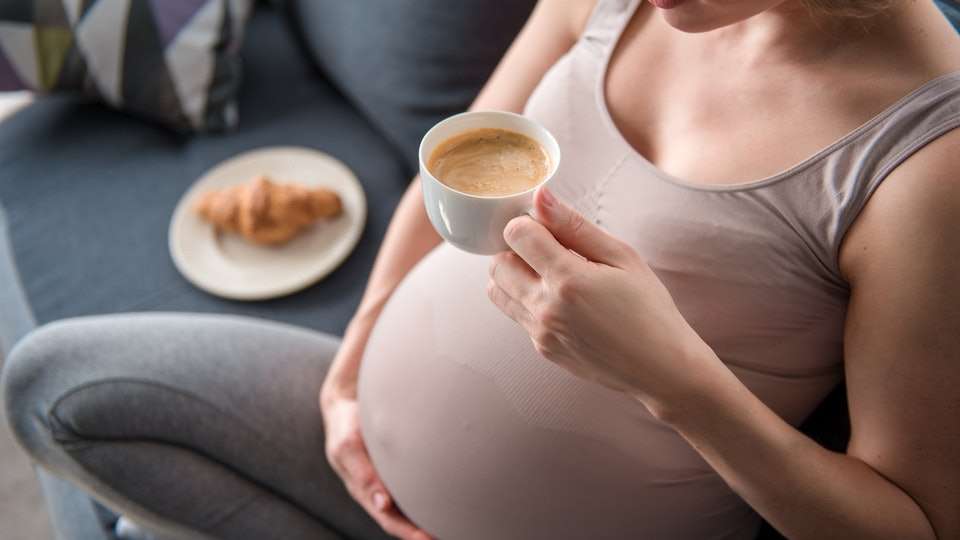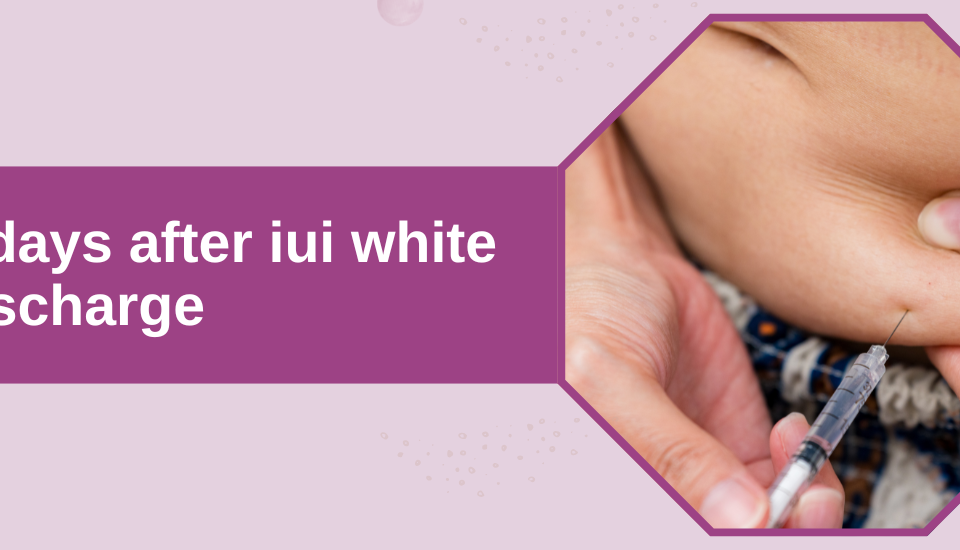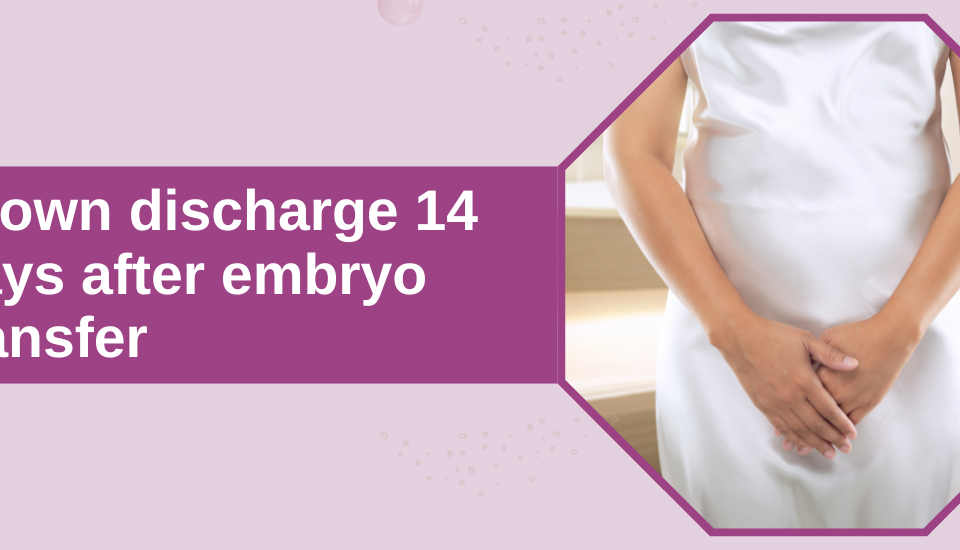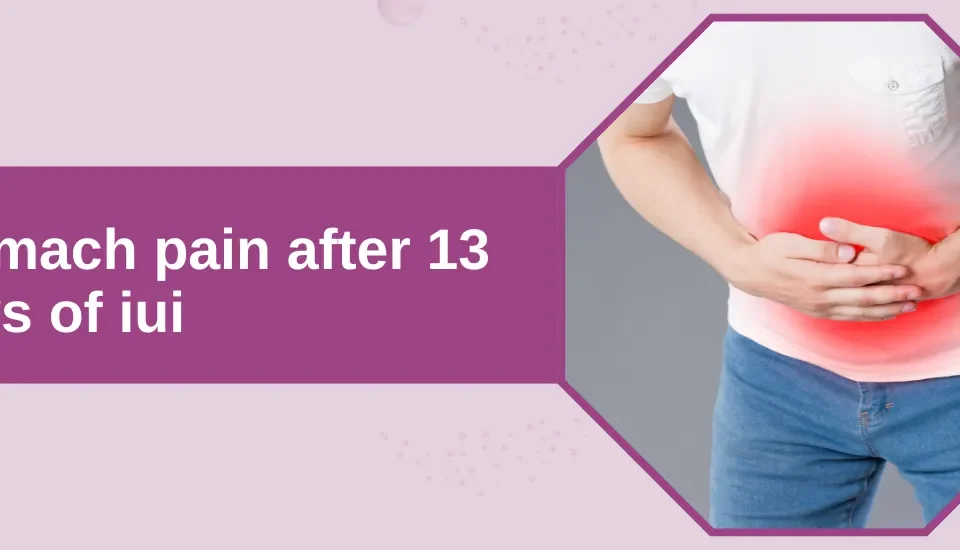- Have any questions?
- +91-98717 17305
- babiesandus12@gmail.com
Does Caffeine Affect Fertility?

PCOS – Causes, Symptoms, Diagnosis, And Treatment
July 28, 2022
Infertility – Causes, Risks, And Treatment Options
August 30, 2022You might be interested in your fertility and whether you can increase it if you are trying to get pregnant. Some elements, like health problems that affect your ability to conceive, might be out of your control. However, your lifestyle can also impact your fertility.
Many of us are used to consuming caffeine first thing in the morning. Our morning brews of tea or coffee serve as a ray of sunshine for the day.
Many consider drinking tea or coffee one of life’s greatest pleasures, not only for the flavour and heightened alertness they offer but also for the cherished memories we create while enjoying it.
Could your morning cup of coffee’s caffeine impact your fertility? Your chances of becoming pregnant won’t likely be harmed if you don’t consume large amounts of it. You should still think about limiting your overall intake, though.
If you want to increase your fertility, you might be able to achieve your goal of quitting caffeine. Some people need a caffeine boost to get through the day. If they are trying to get pregnant and are worried that caffeine might affect their chances, they might feel guilty and worried.
If you are thinking about getting pregnant and worried about how your lifestyle may affect your fertility, consult seasoned fertility specialists at the Babies & Us IVF center in Mumbai. They can assist you in figuring out how to increase your fertility and your chances of getting pregnant.

Now, let’s know,
Does Caffeine Impact Fertility?
It could. Caffeine consumption and fertility have been linked in some studies but not others. Most experts say there isn’t enough data to conclude caffeine and fertility.
While trying to conceive, it is generally safe to consume 200 to 300 mg of caffeine daily, even though researchers haven’t been able to definitively link moderate caffeine consumption to fertility issues.
For a weak brew, that amounts to two 8-ounce cups of coffee. It might be a good idea to cut back if you receive more than that.
Research on Caffeine and Fertility
Although there is conflicting evidence from studies regarding the relationship between caffeine and fertility, it is advisable to limit your caffeine intake when you are trying to get pregnant.
High caffeine intake has been linked to an increased risk of miscarriage, particularly in the early stages of pregnancy, and can cause babies to be born with low birth weights.
Studies show that a daily caffeine intake of less than 200 or 300 mg is safe. However, it is a good idea to curb it for your baby’s benefit temporarily.
Anything extreme is disadvantageous. It is always advised to limit your caffeine intake, especially if you are trying to get pregnant.
Let’s know,
What are the Other Factors That May Affect Female Fertility?
Several factors can affect a woman’s fertility:
- Ovulation problems
- Cervical or uterine abnormalities
- Blockage or damage to the fallopian tube
- Endometriosis
- Early menopause or primary ovarian insufficiency
- Pelvic adhesions
- Age may also affect a woman’s fertility. A woman’s body produces fewer eggs as she gets older.
After thoroughly diagnosing the root cause of infertility, well-qualified and experienced infertility specialists at Babies & Us offer advanced and result-oriented female infertility treatment in Mumbai.

Does Caffeine Affect Male Fertility?
While a few cups of coffee, tea, or coke aren’t known to affect the male’s fertility, excessive amounts of caffeine, like the 400 mg or more found in 4-6 cups daily, can decrease sperm count.
The expectant father should limit his caffeine intake because high doses of caffeine taken frequently can also affect the quality of sperm.
Let’s look at the,
Ways to Improve Fertility
Maintaining good health can aid in conception:
- Keep a healthy weight.
- Avoid sexually transmitted diseases.
- Take good sleep.
- Possibilities of getting pregnant increase when one avoids stress and maintains happiness and activity.
Things To Avoid While Planning Pregnancy
Maintaining a healthy lifestyle is crucial to retaining good fertility:
- Avoid smoking.
- Limit the amount of alcohol and caffeine.
- Don’t overdo exercise.
- Avoid toxin exposure.
You don’t have to give up your morning cup of coffee if you are trying to get pregnant, and you shouldn’t feel bad about it either. Daily, one small cup of coffee is the standard recommendation that many doctors give.
If getting pregnant naturally is what you want, it is a good idea to speak with doctors and dieticians who can provide you with well-informed advice on how to have a healthy conception.




